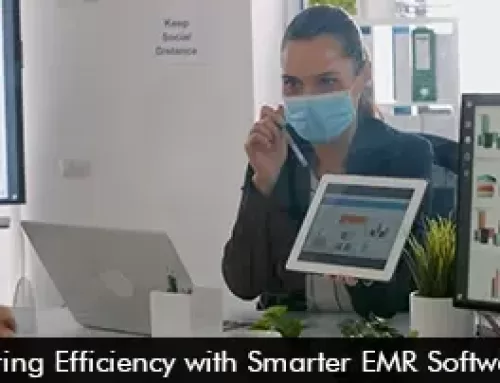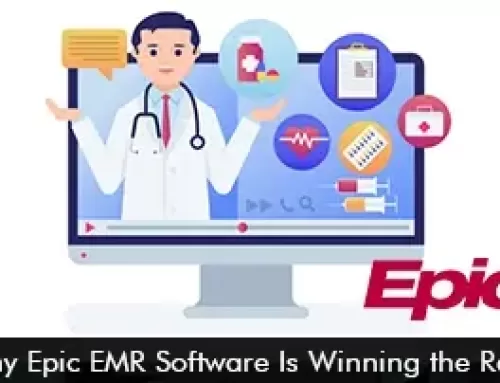Individuals with weakened immune systems, such as those receiving cancer treatment, organ transplant recipients, and people living with HIV or autoimmune diseases, need careful, individualized care. The Centers for Disease Control and Prevention (CDC) states that these patients are at a higher risk of infections and complications from common illnesses, making proactive healthcare management crucial. Their care requires complex medication schedules, regular monitoring, and prompt attention to symptoms. This is where the robust technology of Electronic Medical Records (EMR) Software steps in, a demand that traditional record-keeping systems often cannot adequately fulfill.
How does EMR Software Support the care of immunocompromised patients?
Electronic Medical Records (EMR) Software is revolutionizing the way providers care for patients who are immunocompromised. It allows healthcare providers to capture and monitor essential clinical data as it happens, such as a patient’s immune status, history of infections, allergies, lab results, and vaccination schedules. Many EMR Systems include clinical decision support tools that can warn clinicians about possible drug interactions or contraindications, which is particularly vital when managing immunosuppressive treatments.
Additionally, EHR Software can remind clinicians to schedule timely follow-ups and screenings, thereby lowering the chances of missing important care opportunities. Capabilities like automated alerts for unusual lab results and seamless integration with telehealth services enable providers to step in early, leading to improved outcomes and fewer hospital stays.
Supporting Infection Control and Vaccine Management with EMR Software
Infection prevention is crucial in the care of immunocompromised patients. The CDC underscores the need for routine vaccinations and infection control measures for these individuals [CDC Vaccines]. EHR Software aids in infection control by monitoring patient immunization records and issuing reminders for necessary vaccinations, such as flu, pneumococcal, or COVID-19 shots.
EMR Software enables clinics to identify immunocompromised patients during outbreaks or pandemics, empowering healthcare teams to prioritize safeguarding measures like isolation protocols or proactive antiviral treatment. This focused strategy boosts safety and aligns with CDC guidelines.
How EMR Software Improves the Way Care is Coordinated and Communicated
Because the care provided to people with weakened immune systems involves many different types of healthcare professionals, these providers must talk to each other. Electronic Medical Records (EMR) Software makes this coordination of care smooth, letting specialists, primary care doctors, and pharmacists all see the same records, treatment strategies, and notes on how the patient is doing. This helps avoid doing the same tests over and over, cuts down on mistakes with medications, and makes sure everyone is on the same page when it comes to caring for the patient.
Patient portals that connect to the EHR Software also make patients feel more involved in their care. Through these portals, patients can safely see their health records, get directions on how to take their medicine, and check their lab results. This openness helps people with compromised immune systems play a more active part in their health, just like the CDC recommends, keeping patients in the know and part of the decision-making process.
Last Words
EMR Software plays a vital role in managing the health of patients with weakened immune systems. By helping with things like controlling infections, keeping tabs on vaccinations, and improving coordination of care, along with issuing important clinical alerts, EHR Software empowers healthcare providers to give care that’s prompt, tailored, and safe. In line with CDC guidelines, embracing technology such as EMR Software offers enhanced safeguards and better results for these patients who are at higher risk.







